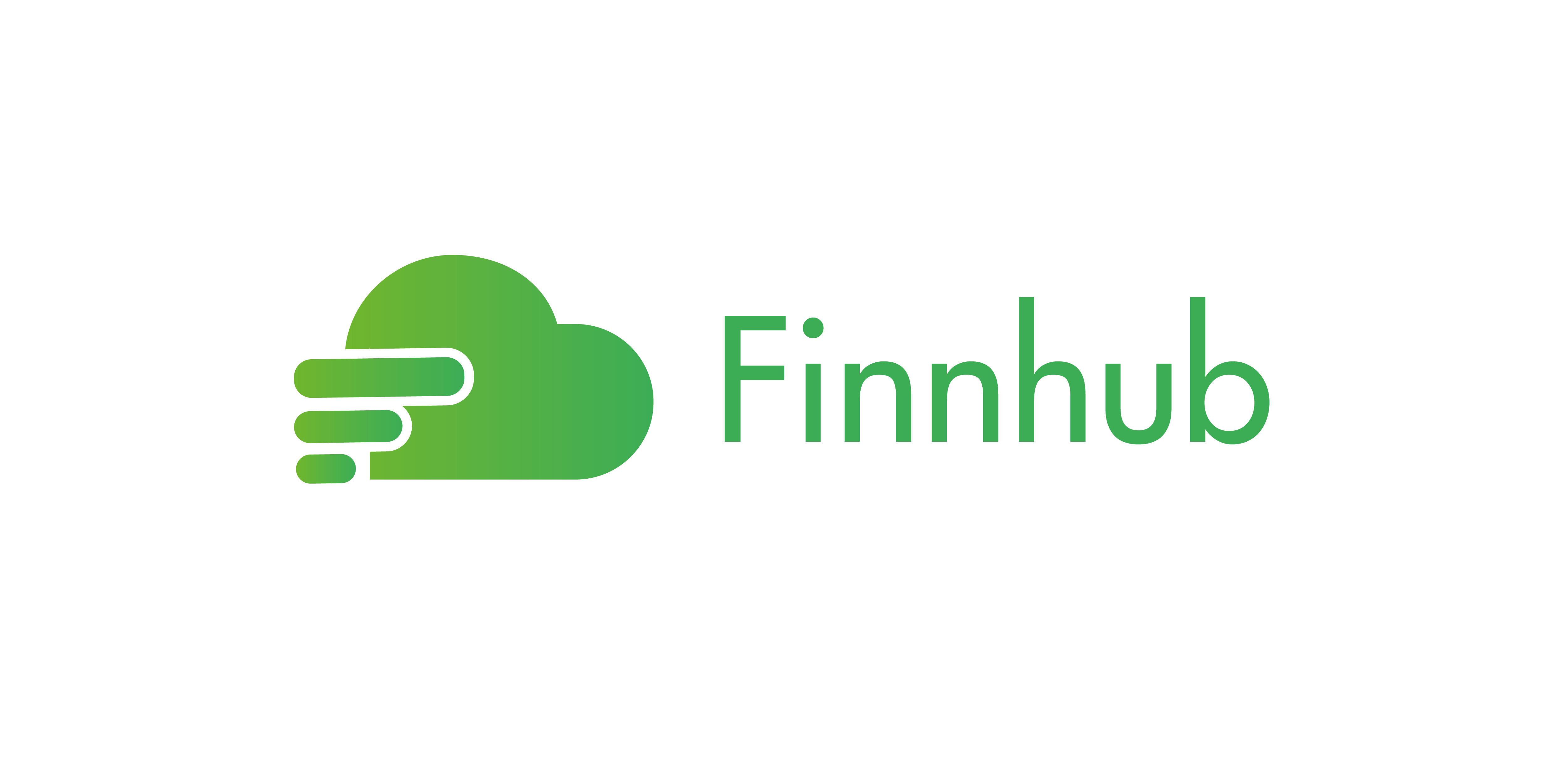The Growth Of RWA Tokenization
JPM
The tokenization of real-world assets (RWAs) is a growing industry that, as of September 2024, was valued at approximately $118.6 billion. RWA tokenization is projected to become a trillion-dollar global industry by 2030, thanks to the development of infrastructure to facilitate the ownership, exchange and transfer of RWA tokens by some of the largest global financial institutions.
What is asset tokenization?
Asset tokenization is the transformation of physical assets, like real estate, art, bonds, money market funds (MMFs) and stocks, into digital tokens that can be bought, held or traded on a blockchain. The tokens represent ownership or a fractional share in an asset, which facilitates its exchange or transfer. Unlike cryptocurrency, tokenized assets have underlying value that is not necessarily driven by market demand, utility and speculation.
Asset tokenization, together with smart contracts, automate processes and increase transparency and security in the ownership and trade of assets. Smart contracts on the blockchain manage asset ownership and transaction details, such as divisibility and transfer restrictions. Additionally, asset tokenization and smart contracts may improve liquidity, transparency, availability, accuracy, programmability and reduce fraud through blockchain technology.
How does RWA tokenization work?
By way of example, the tokenization of a piece of artwork introduces the ability to invest in the artwork and own a fractional share, rather than purchasing the entire asset. If the artwork is priced at $10,000, for example, asset tokenization allows an investor to purchase the asset in fractions (e.g., 1000 fractional assets of $10 each).
Once the owner's rights over the artwork are verified, the artwork would be transferred to a blockchain-based platform that supports tokenization, and the asset's value would be assessed and finalized. The artwork would then be divided into tokens that can be purchased and traded by investors pursuant to the applicable smart contracts.
The future of RWA tokenization
RWA tokenization similarly applies to financial products like MMFs. Major financial institutions like Visa, JPMorgan and Deutsche Bank are implementing platforms for the tokenization of different RWAs, including MMFs. For example, in October 2023, JPMorgan announced its Tokenized Collateral Network (TCN), which is a live product that allows investors to tokenize their MMF shares and collateralize them.
Deutsche Bank announced in May 2024 that it joined the Monetary Authority of Singapore's Project Guardian, a collaborative initiative involving global policymakers from different countries like the UK and Switzerland, to test a blockchain platform to service tokenized and digital funds.
On October 3, 2024, Visa launched a Visa Tokenized Asset Platform (VTAP). VTAP, which is currently in sandbox mode, allows for the issuance and management of various fiat-backed digital assets like stablecoins, deposits and central bank digital currencies (CBDCs), and will cater to banks by offering a comprehensive infrastructure for securely minting, transferring and settling digital assets across public and permissioned blockchains.
Of course, there are potential challenges like regulatory uncertainty and smart contract vulnerabilities. That said, the increasing prevalence of RWA tokenization among investors and financial institutions in the U.S. and abroad will likely push for more certainty and stability in the industry, further driving its growth.
Disclaimer: This Alert has been prepared and published for informational purposes only and is not offered, nor should be construed, as legal advice. For more information, please see the firm's full disclaimer.
Mr Joseph E. Silvia Duane Morris LLP 30 S. 17th Street Philadelphia PA 19103-4196 UNITED STATES E-mail: solutions@duanemorris.com URL: www.duanemorris.com
© Mondaq Ltd, 2024 - Tel. +44 (0)20 8544 8300 - http://www.mondaq.com, source Business Briefing
